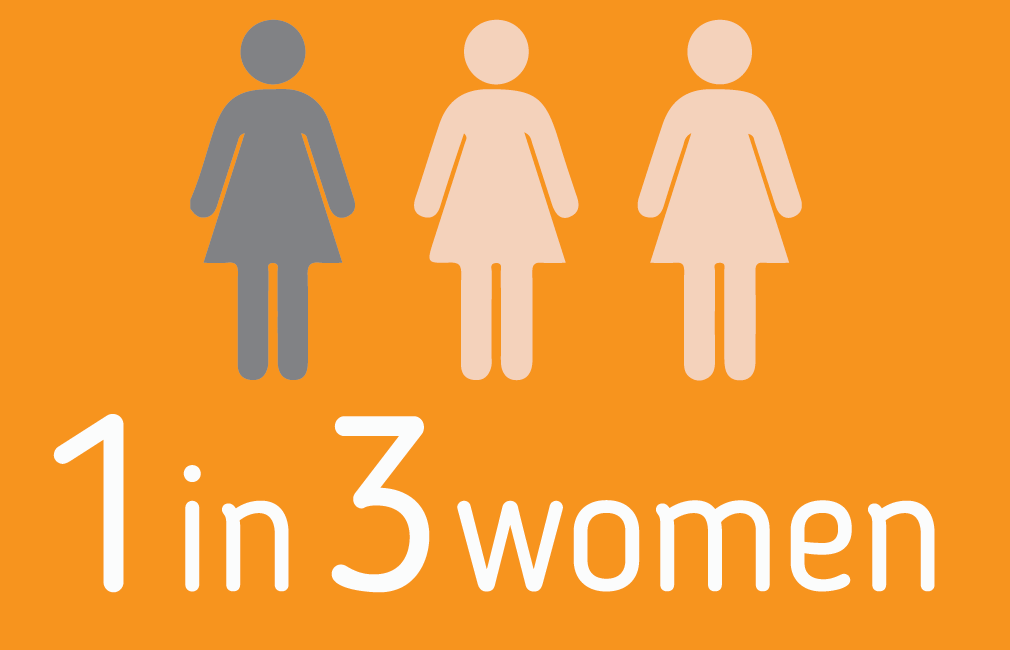Violence against women remains devastatingly pervasive and starts alarmingly young, shows new data from WHO and partners. Across their lifetime, 1 in 3 women, around 736 million, are subjected to physical or sexual violence by an intimate partner or sexual violence from a non-partner – a number that has remained largely unchanged over the past decade.
This violence starts early: 1 in 4 young women (aged 15-24 years) who have been in a relationship will have already experienced violence by an intimate partner by the time they reach their mid-twenties.
Violence against women is endemic in every country and culture, causing harm to millions of women and their families, and has been exacerbated by the COVID-19 pandemic, but unlike COVID-19, violence against women cannot be stopped with a vaccine. We can only fight it with deep-rooted and sustained efforts – by governments, communities and individuals – to change harmful attitudes, improve access to opportunities and services for women and girls, and foster healthy and mutually respectful relationships.
Intimate partner violence is by far the most prevalent form of violence against women globally (affecting around 641 million). However, 6% of women globally report being sexually assaulted by someone other than their husband or partner. Given the high levels of stigma and under-reporting of sexual abuse, the true figure is likely to be significantly higher.
As seen above, a recent video is currently trending on social media Where Chester Nxumalo, the director of Solanis Shisanyama assaulting his girlfriend at a popular hangout spot in Msunduza, Mbabane.
Though many countries including our very own, have seen increased reporting of intimate partner violence, which also a high percentage of them remain unreported.
Inequities are a leading risk factor for violence against women. Violence disproportionately affects women living in low- and lower-middle-income countries. An estimated 37% of women living in the poorest countries have experienced physical and/or sexual intimate partner violence in their life, with some of these countries having a prevalence as high as 1 in 2.
Younger women are at highest risk for recent violence. Among those who have been in a relationship, the highest rates (16%) of intimate partner violence in the past 12 months occurred among young women aged between 15 and 24.
Violence against women must be prevented
Violence – in all its forms – can have an impact on a woman’s health and well-being throughout the rest of her life – even long after the violence may have ended. It is associated with increased risk of injuries, depression, anxiety disorders, unplanned pregnancies, sexually-transmitted infections including HIV and many other health problems. It has impacts on society as a whole and comes with tremendous costs, impacting national budgets and overall development.
Preventing violence requires addressing systemic economic and social inequalities, ensuring access to education and safe work, and changing discriminatory gender norms and institutions. Successful interventions also include strategies that ensure essential services are available and accessible to survivors, that support women’s organisations, challenge inequitable social norms, reform discriminatory laws and strengthen legal responses, among others.
To address violence against women, there’s an urgent need to reduce stigma around this issue, train health professionals to interview survivors with compassion, and dismantle the foundations of gender inequality. Interventions with adolescents and young people to foster gender equality and gender-equitable attitudes are also vital.
Eswatini should honour their commitments to increased and strong political will and leadership to tackle violence against women in all its forms, through:
- Sound gender transformative policies, from policies around childcare to equal pay, and laws that support gender equality.
- A strengthened health system response that ensures access to survivor-centred care and referral to other services as needed.
- School and educational interventions to challenge discriminatory attitudes and beliefs, including comprehensive sexuality education.
- Targeted investment in sustainable and effective evidence-based prevention strategies at local, national, regional and global levels, and
- Strengthening data collection and investing in high quality surveys on violence against women and improving measurement of the different forms of violence experienced by women. including those who are most marginalized.



1 comment
Its very touching if its the case in the might sovereign state of the kingdom of Eswatini